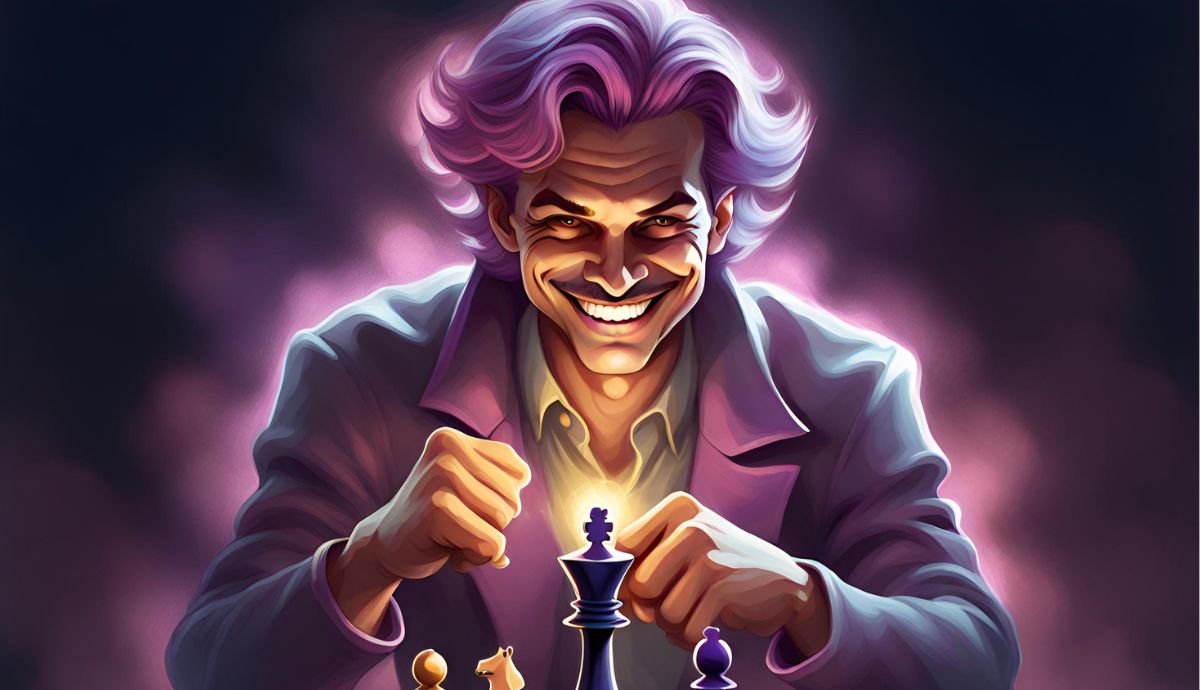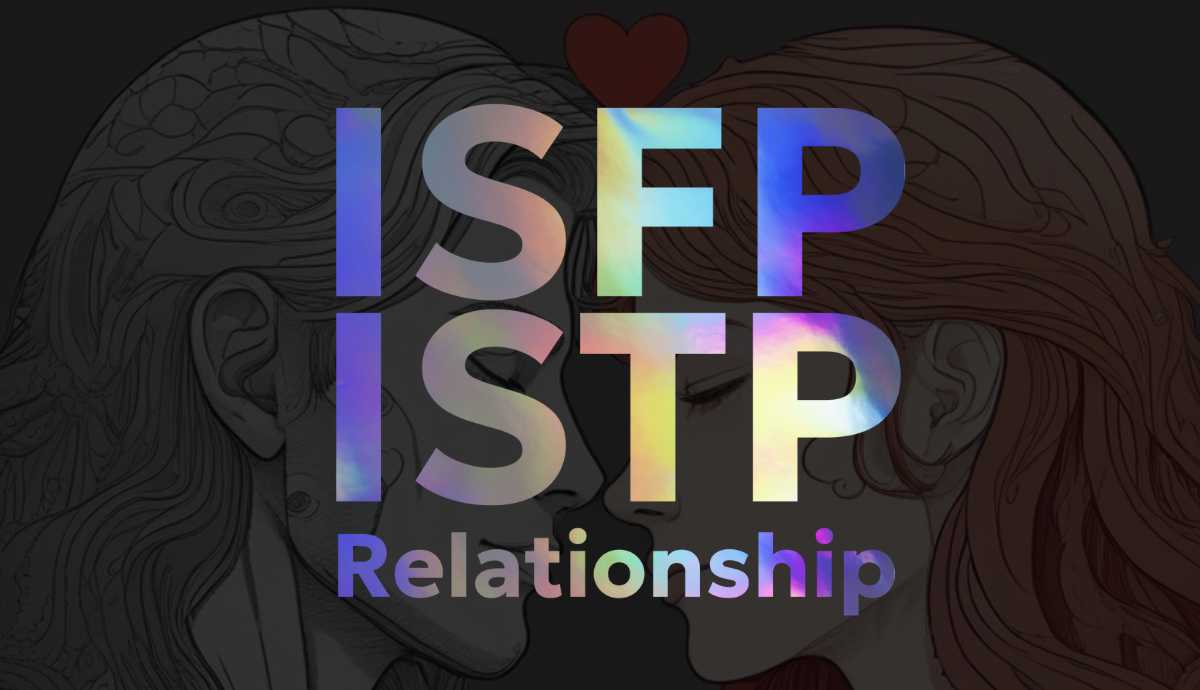The INTJ is a personality type described as reserved, perceptive, methodical, and decisive. They make plans, take action on them and go about their lives in a very purposeful yet introspective way. This constitutes the INTJ’s conscious ego, but as with the other MBTI types, there is also another side to them. This hidden side is what Carl Jung described as the shadow. The shadow represents the unconscious parts of our psyche that we have less awareness of and control over.
Jung regarded the inferior function as the shadow or at least the gateway to its manifestation. The shadow is host to much of the repressed, unwanted and overlooked elements of our personality. Each MBTI type has access to all eight cognitive functions but its the 4 functions that constitute each MBTI type that represent the conscious ego. The functions not included in the function stack of each type are regarded as part of the unconscious shadow. In the case of INTJ, those shadow functions are Ne, Ti, Fe and Si and form a kind of negative version of the ENTP personality type. Here is a look at how the INTJ shadow functions play out.
INTJ 5th Function: Ne Opposing.
INTJs have Ni hero,meaning that introverted intuition is their dominant perspective. Therefore, INTJs are introverts who spend most of their energy interpreting meanings, forecasting outcomes, visualizing plans, and looking for patterns, For INTJ, their use of Ne typically emerges in response to having their dominant Ni perspective being opposed or obstructed by someone or something. When this happens, INTJs may double down stubbornly and use Ne to defend their Ni interpretations. INTJs typically validate their perceptions of reality and their implicit significance using extraverted thinking. When INTJs are not able to support their Ni perspective with the external logic of their Te, they will argue using analogies and various hypotheticals designed to cast doubt and defeat their opposition’s rhetoric.
INTJ 6th Function: Ti Critical Parent
INTJs normally focus on impersonal external logic or applied logic to organize, test and systematize their use of time and energy directed toward the accomplishment of some goal or objective. The internal logic of Ti, on the other hand, pertains to rhetorical consistency and the organization of principles and definitions for the sake of understanding and making sense of the world. INTJ’s use of Ti tends to manifest in a criticizing fashion typically in response to being criticized about the soundness of the principles and reasoning they use. Consequently, INTJs may take it upon themselves to point out whatever holes and flaws they can find in other people’s logic and understanding of topics for the purpose of invalidating and even ridiculing them. Their analyses will lean toward being harsh and even contemptuous especially if it is in response to criticism they themselves have received.
INTJ 7th Function: Fe Trickster.
INTJs have tertiary Fi which speaks to their personal value system and moral sense. INTJs follow their own sense of right and wrong based on an assessment of their own feelings. Their ethics and personal feelings on a given matter can often be at odds with the values and moral codes commonly espoused by others. Consequently, INTJs can sometimes get themselves in trouble with others by not being in lockstep with the group or showing a lack of conformity to the group ideals. INTJs can feel double-bound or controlled by their obligations to conform with a group such as their family or an organization they work for. When INTJs find themselves stuck between a rock and a hard place with regard to making the difficult moral decisions that carry the threat of social condemnation, they may try to use Fe rhetoric to turn the tables on others and trap them with their own group-centric values.
INTJ 8th Function: Si Demon.
Finally, we have INTJ’s 8th function, Si Demon. INTJ’s Si demon emerges as a result of a breakdown in the integrity structures of the ego by way of their inferior extraverted sensing. INTJs have an underlying desire to experience exciting things and enjoy the more sensual side of life, but like with every other MBTI type, INTJ’s expression of their inferior function is prone to mishaps and embarrassments. A negative Se experience revolving around feelings of inadequacy and trauma can tarnish INTJ’s impression of reality and certain objects involved with it. INTJs may become apprehensive and fearful about the future based on the negative implications of the tangible data supported by what they’ve seen and heard. Consequently, INTJs may turn to an Si ideal and nostalgic romanticization of the past that is reaffirming to their ego while disparaging the current reality and the objects contributing to it as being evil.
Want to know your astrology placements? You can generate your astrology chart here with our free birth chart generator tool.
related posts:
- The INTJ Personality: What It Means to be the “Architect” MBTI Type
- INTJ Weaknesses: 7 Struggles of Being INTJ
- 35 Signs That You have An INTJ Personality
- 6 Careers INTJs Should Probably Avoid
- 6 High Paying Careers For INTJs
- INTJ and ENTP Relationship Compatibility
- ISFP Shadow: The Dark Side of ISFP
- ISTP Shadow: The ISTP Dark Side
- ENTP Shadow: The Dark Side of ENTP
- INTP Shadow
- The Dark Side of the INFJ Personality
- The 5 Stages of INTP Anger
- American Presidents Ranked By Zodiac Sign - January 20, 2025
- ESTP and ESFP in love: 6 Dynamics of Their Relationship - September 4, 2024
- ISFP and ISTP in love: 5 Dynamics of their Relationship. - August 28, 2024





